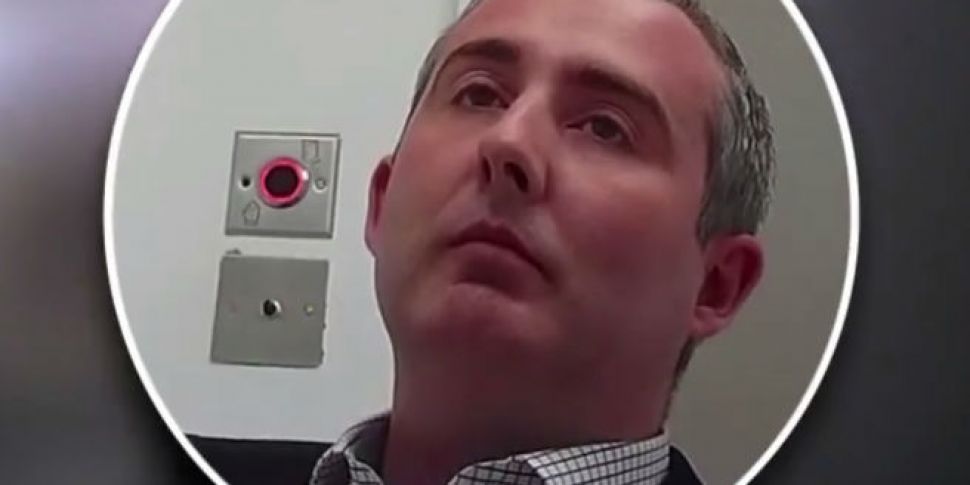The latest in a series of doping scandals has emerged, with The Sunday Times (paywall) today reporting that a number of British athletes as well as Premier League players have been using performance enhancing drugs.
Dr. Mark Bonar claimed to have doped 150 athletes over a six year period, with no names given to the Premier League players in question, only that some are "extremely well known".
Here's what the report contained:
- Allegations that Bonar had worked with a number of athletes, including footballers. Bonar claims to have given one footballer a "cocktail of drugs".
- Bonar was secretly filmed in a meeting with an athlete taking part on behalf of The Sunday Times and advocated for the use of testosterone among other performance enhancing drugs (PEDs) .
- The players, who are unnamed, are said to play for Arsenal, Chelsea, Leicester City and Birmingham City. Each club denies the claim.
- The paper was quick to add they have no independent evidence that Bonar treated the unnamed players. Furthermore, there is also no evidence the clubs were aware of Bonar’s relationship with any players or drug use by them.
- Bonar claimed that one footballer had approached him about extending his playing career.
The drugs in question refer mainly to Erythropoietin (EPO), steroids and human growth hormone.
Speaking on Off The Ball's Sunday Paper Review, Gavin Cummiskey, journalist with the Irish Times gave his insights on the report.
"I think what we've learned from this is that if you're a doper or you're on the line of whether you should do it or not, do it," he said, "Because if you're a whistle-blower you're not going to be protected.
"The main lesson coming out of this is if you ever try to flip sides or if you ever try to explain and see how deep doping is going, no one is going to help you. You're going to be hung out to dry."
Chief sports writer with Irish Daily Star, Kieran Cunningham then went on to show that, largely, doping in football is overlooked.
"This highlights the doping problem in soccer which is ignored and brushed over mostly because, I think, of the amount of money involved. Three years ago, according to the records of WADA (World Anti-Doping Agency), 117 footballers failed drug tests. That was a higher number than any other sport.
"Arsene Wenger as far back as a decade ago raised concerns about doping and the high red blood cell count in players which indicates EPO use, from players they had looked at from abroad" he said.
"I've talked to various people who say it doesn't matter in soccer, that it's more about skill. But the way the game has gone you see with the amount of high pressing systems and the amount of running involved. When you talk to people in track and field and see what footballers are doing wonder 'Why don't people see it's in soccer as well?'
"They understand physiology. They understand what people are doing and how long it takes to recover and it doesn't make sense to them."
"Colin Moynihan was a former chair of the British Olympic Association and he goes in hard on UKAD... He makes the very valid point that if doping is so widespread, how do you tackle it?
"The only way [to tackle it], he makes the point, because bans don't work, so in Germany athletes found doping face prison terms up to three years. Those involved in supplying athletes with performance enhancing drugs face jail terms up to ten years.
"Criminalization is the only way you're going to tackle this."









